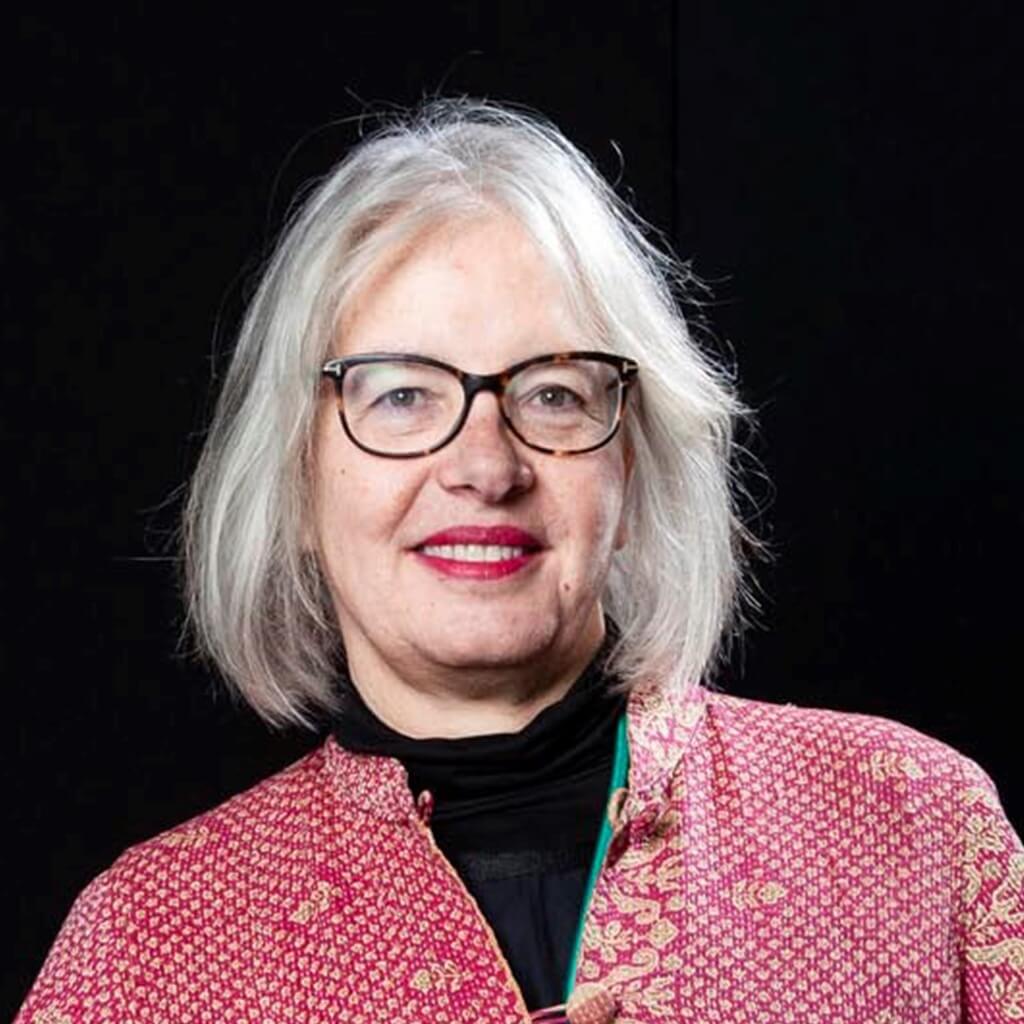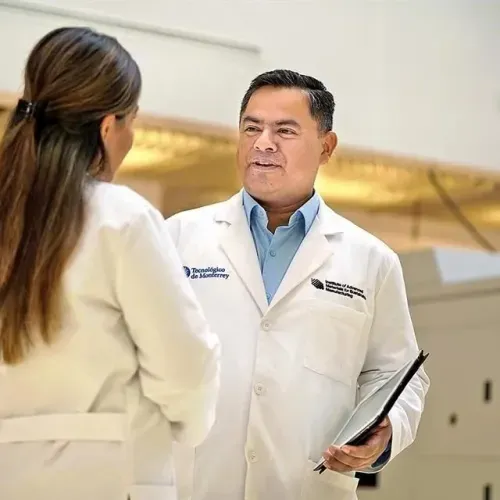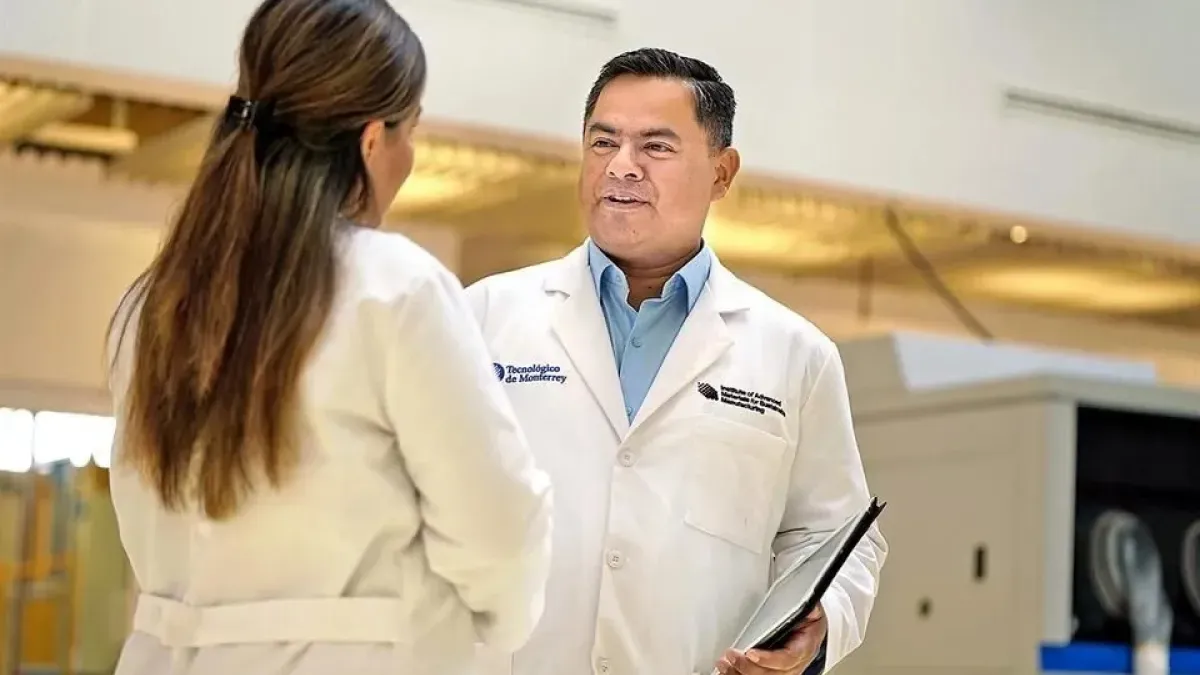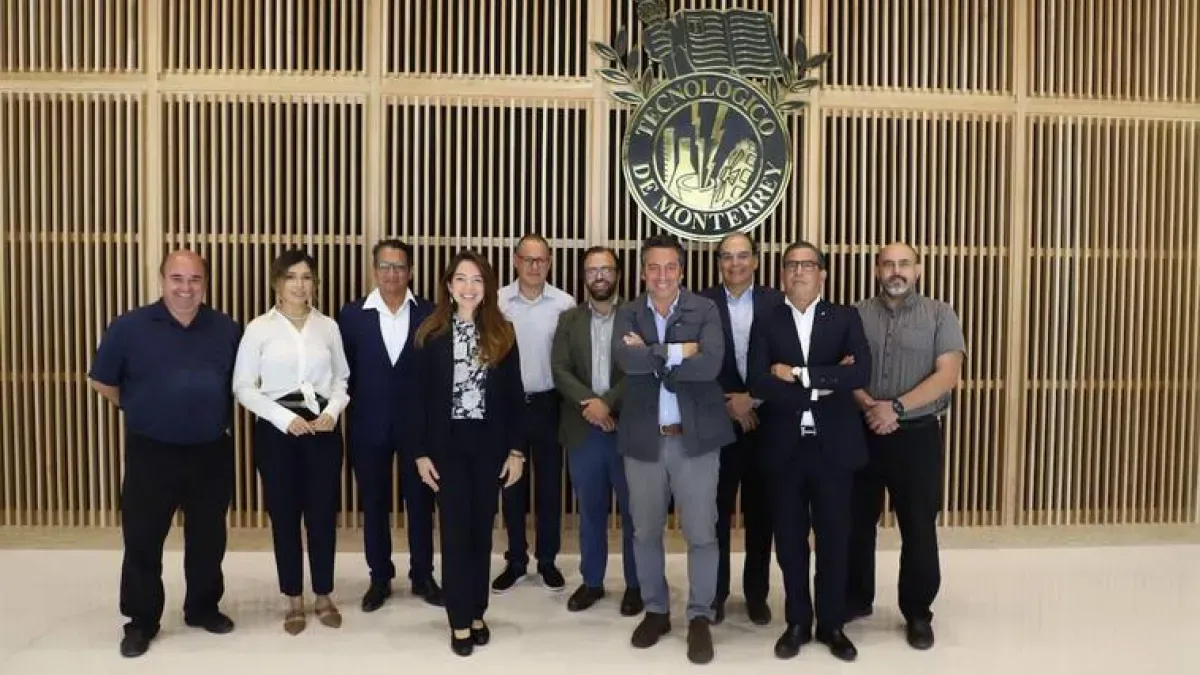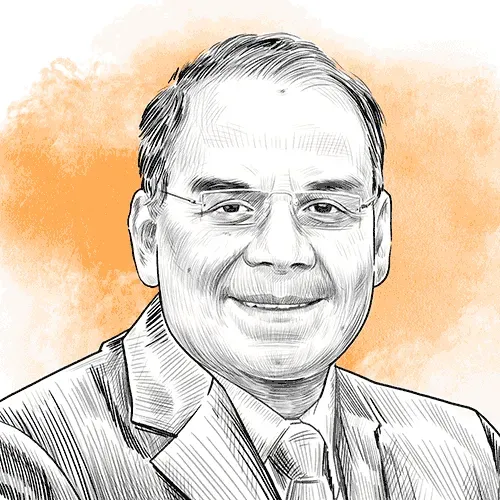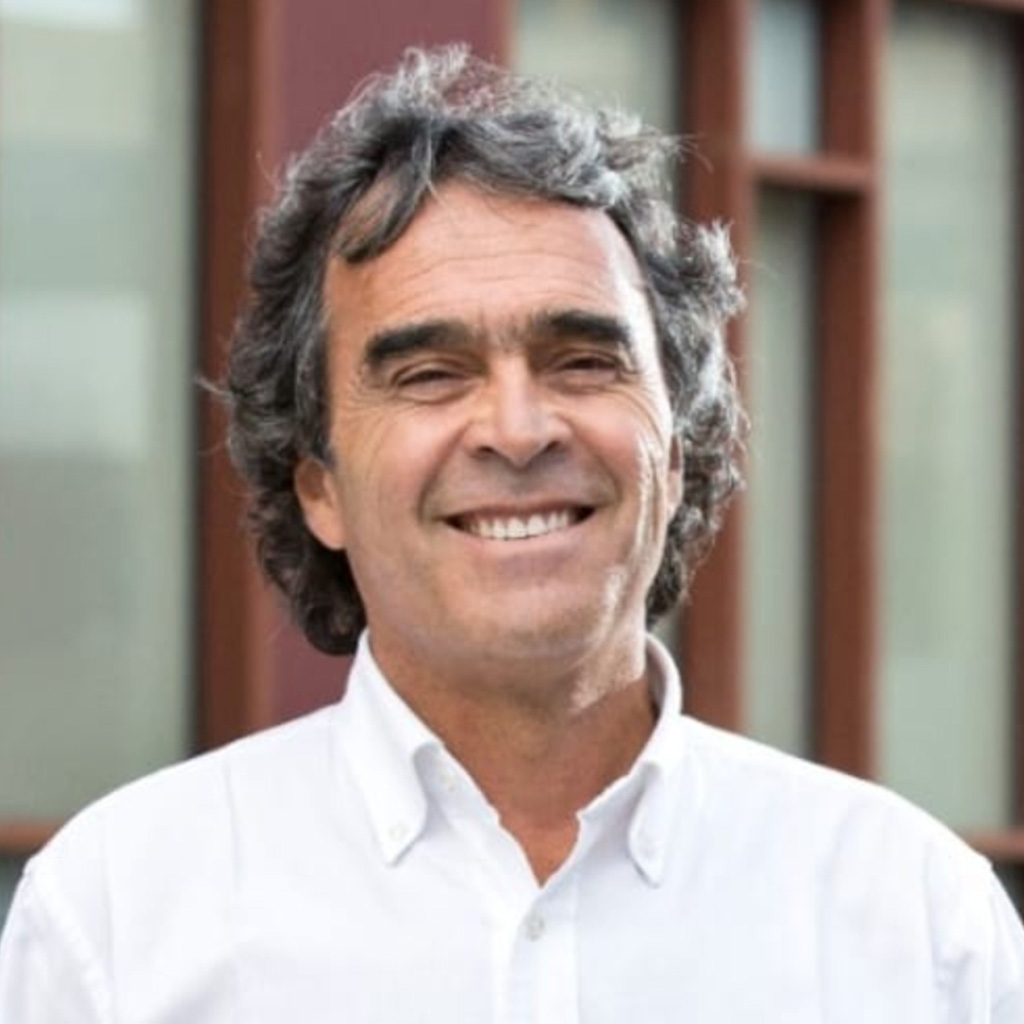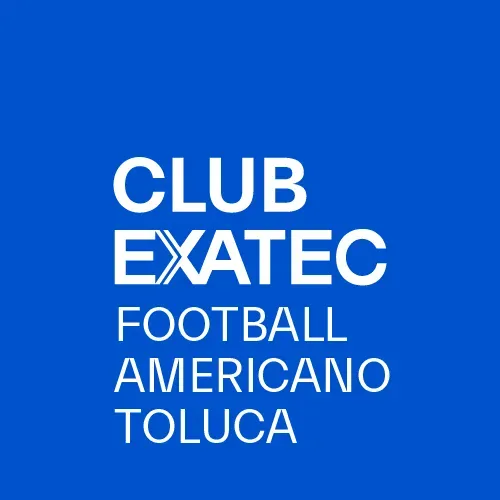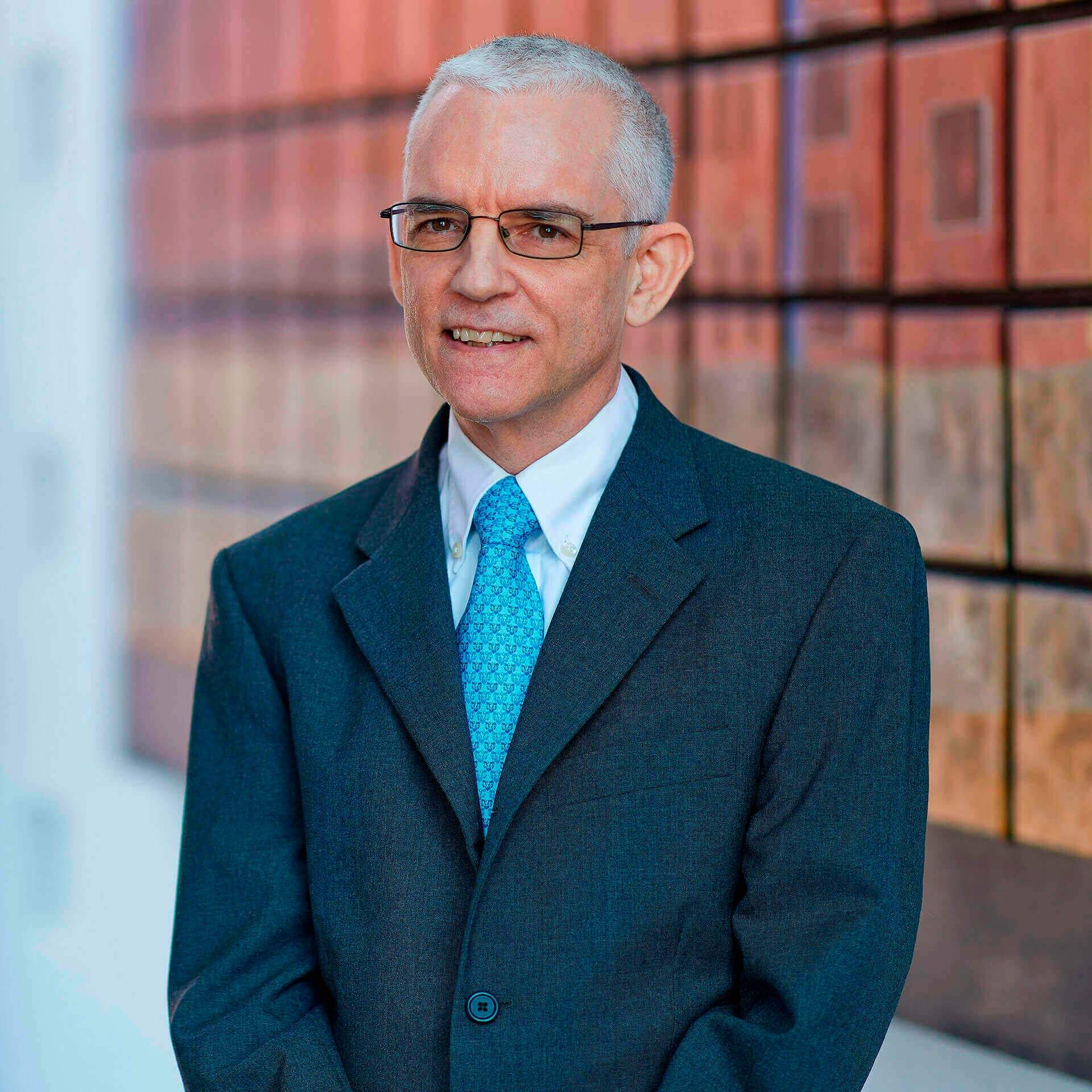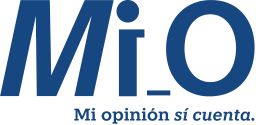• Primera encuesta nacional de adversidades tempranas en la infancia.
Líder: Julieta Rodríguez de Ita
Objetivo: 1. Realizar por primera vez en México la encuesta de prevalencia de Adversidades Tempranas y sus determinantes sociodemográficos: este esfuerzo se unirá a los datos obtenidos por el centro CUIDA (Chile) contribuyendo con ello a la estadística Latinoamericana.
2. Con los resultados obtenidos del Censo, diseñar estrategias de prevención, intervención oportuna en México y Latinoamérica.
• Evaluación del perfil de sueño en niños en edad preescolar y su asociación con problemas de comportamiento.
Líder: Daniela León Rojas
Objetivo: 1. Determinar el perfil de sueño de niños en edad preescolar y su asociación con problemas de comportamiento.
2. Describir características del sueño por medio de medidas subjetivas y objetivas.
• Revisión sistematizada del impacto que el respeto tiene en cuidados paliativos pediátricos.
Líder: Gregorio Zuñiga
Objetivos: 1. Determinar el impacto que el respite tiene en niños con necesidades paliativas y sus familias.
2. Determinar las distintas maneras en que se puede ofrecer respite en esta población.
• Epidemiología de las causas de muerte de la población pediátrica mexicana.
Líder: Gregorio Zuñiga
Objetivos: 1. Describir las condiciones en las que los niños mueren en México.
2. Determinar el grado de intensidad de tratamiento que los niños mexicanos reciben al final de su vida.
• Concepto de cuidados paliativos en intensivistas pediatras.
Líder: Gregorio Zuñiga
Objetivos: 1. Determinar las barreras que los intensivistas pediatras tienen para ofrecer cuidados paliativos.
2. Describir el grado de conocimiento que los intensivistas pediatras tienen sobre cuidados paliativos.
• Calidad de Cuidados al Final de la Vida en pediatría.
Líder: Gregorio Zuñiga
Objetivo: 1. Describir que factores influyen para ofrecer una atención de calidad al final de la vida en pacientes pediátricos.
• Geolocalización de clusters de Tuberculosis pediátrica en el estado de Nuevo León mediante sistemas de información geográfica (GIS)
Líder: Oscar Tamez
Objetivo: 1. Describir las tendencias espaciales y temporales de casos de tuberculosis pediátrica en Nuevo León durante la última década con el objetivo de predecir comportamientos regionales y proveer datos para toma de decisiones en materia de salud pública.
• Cambio en la epidemiología de la Tuberculosis pediátrica durante las últimas décadas
Líder: Oscar Tamez
Objetivo: 1. Describir las características clínicas y paraclínicas de los distintos tipos de Tuberculosis pediátrica en sujetos hospitalizados en un hospital público de referencia de Nuevo León durante los últimos 10 años.
• Características clínicas, paraclínicas y desenlaces de pacientes pediátricos con Sífilis congénita
Líder: Oscar Tamez
Objetivo: 1. Describir las características clínicas, paraclínicas y desenlaces de pacientes pediátricos con Sífilis congénita diagnosticados en un hospital público de referencia en los últimos 10 años.
• Inmunofenotipo, funcionalidad y expresión del receptor Tγδ y del receptor FcRn en células mononucleares en lactantes con sífilis congénita
Líder: Oscar Tamez
Objetivo: 1. Comparar el inmunofenotipo, funcionalidad y expresión del receptor Tγδ y del receptor FcRn en células mononucleares en lactantes con y sin infección congénita por Treponema pallidum antes y después del tratamiento específico.
• Cambio en el volúmen de pacientes, motivos de consulta y diagnósticos finales de pacientes atendidos en una Unidad de urgencias pediátricas durante la pandemia de COVID-19
Líder: Oscar Tamez
Objetivos: 1. Comparar el número de pacientes y los motivos de consulta en una unidad de urgencias pediátricas de un hospital de referencia de Nuevo León durante las diferentes fases de la pandemia por COVID-19.
• Características clínicas, paraclínicas y desenlaces de pacientes pediátricos con COVID-19
Líder: Cipatli Ayuzo
Objetivo: Metanálisis de los signos y síntomas presentados en niños y adolescentes a nivel mundial. Descripción y divulgación de resultados. Publicaciones en journals y redacción de capítulo de libro.
• Impacto de la pandemia por COVID-19 en los percentiles de talla y peso de población Pediátrica
Líder: Cipatli Ayuzo
Objetivo: Descripción de los cambios percentilares pre, durante y postpandemia
• Perfiles de inflamación y desenlaces clínicos de pacientes con Síndrome Inflamatorio Multisistémico Pediátrico asociado a SARS-CoV-2
Líder: Cipatli Ayuzo
Objetivo: Revisión de marcadores de inflamación en pacientes que desarrollan complicaciones relacionadas con covid
• Carga económica asociada al diagnóstico y tratamiento del Síndrome Inflamatorio Multisistémico Pediátrico asociado a SARS-CoV-2
Líder: Oscar Tamez
Objetivo: Analizar la carga económica asociada al diagnóstico, tratamiento y seguimiento de pacientes con MIS-C en un hospital público de referencia de Nuevo León.
• Long-COVID-19 en pediatría
Líder: Cipatli Ayuzo
Objetivo:Desarrollo de un rapid-test para desarrollo de diagnóstico de Long Covid mediante la busqueda de micro coágulos en muestras de sangre de pacientes con Long-Covid.
• Impacto del cambio climático y factores ambientales en la incidencia de zoonosis en Nuevo León
Líder: Oscar Tamez
Objetivo: 1. Comparar la incidencia de enfermedades transmitidas por vectores durante la última década y su asociación con fenómenos climatológicos y máximas temperaturas ambientales alcanzadas
• Impacto de la implementación de programa Handshake stewardship para uso responsable de antibióticos en pediatría
Líder: Oscar Tamez
Objetivo: 1. Comparar el uso de antibióticos de amplio espectro en pacientes pediátricos hospitalizados antes y después de la implementación de un programa de uso responsable de antibióticos en un hospital público de referencia
• Infecciones por patógenos gramnegativos con multirresistencia a drogas en neonatos de alto riesgo en el noreste de México.
Líder: Victor Lara
Objetivo: Establecer una cohorte prospectiva para medir la carga de infección por Gram-negativos (prevalencia) en neonatos bajo cuidados especiales en la Unidad de Cuidados Intensivos Neonatales (UCIN) en un hospital regional de referencia, y caracterizar todos los aislamientos de microorganismos de estos sujetos a nivel de fenotipo y genotipo, específicamente en relación con la expresión de genes asociados a la resistencia a múltiples fármacos (MDR, por sus siglas en inglés, Multi Drug Resistant) (caracterización molecular de aislados de Gram-negativos MDR).
• Actividad terapéutica de péptidos derivados del veneno de escorpión azul
Líder: Fabiola Castorena
Objetivo: En este proyecto se busca la caracterización bioquímica y farmacológica de biomoléculas (proteínas y péptidos) del veneno del escorpión azul, el desarrollo e innovación de la obtención y caracterización de nuevas moléculas derivadas del veneno del escorpión azul con actividad terapéutica, determinar la actividad terapéutica de bio-péptidos para el tratamiento de enfermedades de crónico degenerativas con relevancia a nivel nacional e internacional, y a través de ensayos in vitro e in vivo para evaluar la eficacia y toxicidad de biomoléculas derivadas del veneno de escorpión azul (Rhopalurus junceus), para el tratamiento adyuvante del cáncer.
• Reprogramación de células mononucleares de sangre periférica de pacientes mexicanos con Diabetes mellitus tipo I a células pluripotenciales inducidas con el uso de fármacos epigenéticos
Líder: Fabiola Castorena
Objetivo: El objetivo de este proyecto es reprogramar células mononucleares de sangre periférica de pacientes mexicanos con Diabetes mellitus tipo I a células pluripotenciales inducidas con el uso de fármacos epigenéticos
• Alteraciones en el ambiente intrauterino debidas a la deficiencia de IGF-1.
Líder: Irene Martín del Estal
Objetivo: Determinar las alteraciones placentarias y fetales que se producen como consecuencia de la deficiencia parcial de IGF-1 y el consumo crónico de alcohol durante la gestación en un modelo experimental de ratón.
• Caracterización de los cambios metabólicos en la enfermedad cardiometabólica y su potencial uso como biomarcadores de diagnóstico, progresión y tratamiento
Líder: Jose A. Hernández Hernández
Objetivo: Caracterización de los cambios metabólicos en la enfermedad cardiometabólica y su potencial uso como biomarcadores de diagnóstico, progresión y tratamiento.
• Reposicionamiento de fármacos para mejorar los efectos de quimioterapia en cáncer
Líder: Jose A. Hernández Hernández
Objetivo: Reposicionamiento de fármacos para mejorar los efectos de quimioterapia en cáncer
• Correlación genotipo-fenotipo bioquímico en pacientes con deficiencia de biotinidasa (BIOT)
Líder: Héctor Cruz
Objetivo: Revisión sistemática de pacientes reportados con deficiencia de biotinidasa (BIOT) en el mundo de los últimos 30 años con el fin de establecer la correlación entre el genotipo y el fenotipo bioquímico, y a su vez, con una de las dos formas de BIOT. Con estos resultados, precisar guías diagnósticas para esta enfermedad metabólica y el abordaje terapéutico recomendado.
• Recién nacidos con Hipotiroidismo congénito primario detectados y confirmados en un programa de tamizaje metabólico neonatal en México: prevalencia y evaluación del neurodesarrollo
Líder: Héctor Cruz
Objetivo: Describir el comportamiento temporal de los últimos 10 años de la prevalencia del CH primario en RN mexicanos tamizados y confirmados dentro de un programa de tamizaje metabólico neonatal con alcance nacional. Asimismo, evaluar y comparar las áreas del neurodesarrollo en los pacientes confirmados por este programa.
• Desarrollo de una app para registro de signos y síntomas asociados al hábito defecatorio
Líder: Karla Chávez
Objetivo: Proyecto en 2 fases - 1. Creación y validación de una app para el registro de patrón defecatorio 2. Medición de la utilidad clínica del app en el manejo del paciente con estreñimiento
• Conocimiento de los criterios para la referencia de los niños con sospecha de cánceres más comunes de la infancia en un grupo de médicos generales, familiares y pediatras tras una intervención educativa.
Líder: Karla Chávez
Objetivo: Proyecto que busca evaluar el grado de conocimiento respecto al diagnóstico oportuno del cáncer infantil en los profesionales de la salud y a la vez mejorar este conocimiento mediante una intervención educativa.
• Relación PCR/Albúmina como factor predictivo de perforación en neonatos con ECN (enterocolitis necrotizante)
Líder: Karla Chávez
Objetivo: Evaluar la utilidad de la relación PCR/Albúmina como indicador de una posible complicación de la ECN (perforación) en el prematuro
• Medición de biomarcadores de susceptibilidad para desarrollar ECN en recién nacidos prematuros
Líder: Karla Chávez
Objetivo: Evaluar la utilidad de parámetros inflamatorios como el fibrinógeno como indicadores de posible ECN en el prematuro
• Comparación de la microbiota de lactantes alimentados con leche materna exclusiva y alimentados con leche materna liofilizada
Líder: Karla Chávez
Objetivo: Evaluar los cambios en la microbiota intestinal de los lactantes alimentados con leche materna liofilizada
• Efecto del sobrepeso y obesidad sobre el perfil de oligosacáridos de la leche materna de mujeres mexicanas y su impacto en el desarrollo del microbioma intestinal infantil
Líder: Karla Chávez
Objetivo: Determinar si el perfil de oligosacáridos de la leche materna se modifica en la mujer con sobrepeso u obesidad y esto cómo puede modificar la microbiota intestinal del lactante
• Tamizaje de depresión en pacientes de 7-17 años con diagnóstico de sobrepeso, obesidad, síndrome metabólico o diabetes mellitus; comparación de casos y controles en la población regiomontana
Líder: Karla Chávez
Objetivo: Determinar la presencia de depresión en los niños y adolescentes con obesidad, así como con síndrome metabólico
